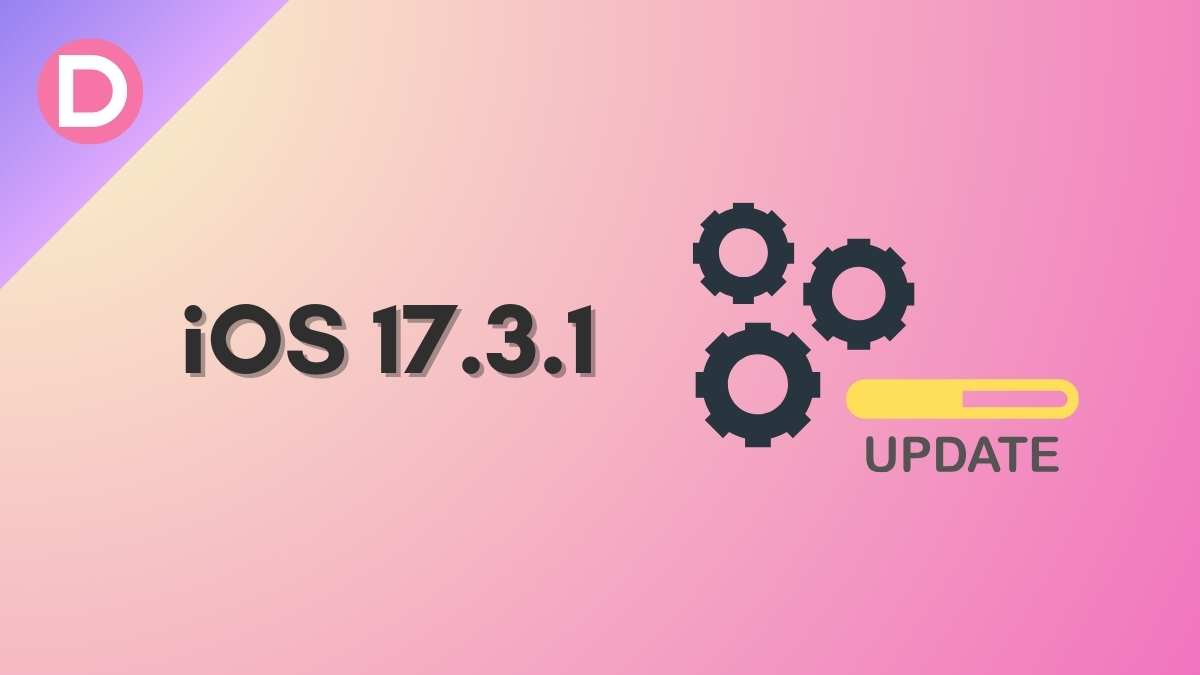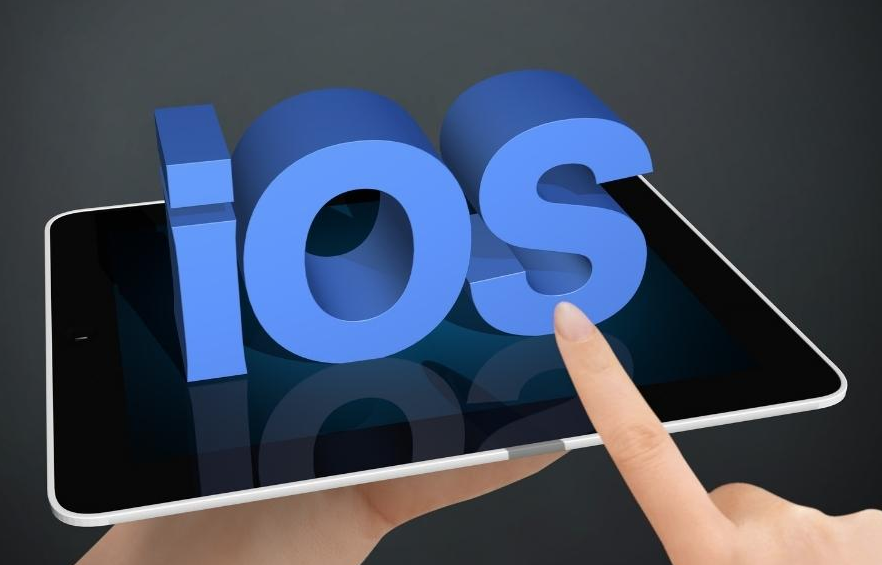Apple released iOS 17 around the middle of September 2023. The update was given to all iPhones starting from the 2018 iPhone XR. The update brought a few new features and refinements loved by the users. As it goes every year, following a major update, Apple releases minor security updates to keep the devices secure and solve reported bugs.
On Jan 22, 2024, one month after iOS 17.2, Apple released iOS 17.3 to the public. The update brought security improvements, bug fixes, and new wallpapers. Now, there has been news of an iOS 17.3.1 update. This update won’t bring new features but is expected to solve bugs and potential security issues.
New iOS 17.3.1 Update Spotted
According to MacRumors, they have reportedly spotted a visitor on their site running iOS 17.3.1. The update has not been released yet to the public, and minor updates like these generally don’t have a beta. This only leaves us with the possibility of someone at the Apple HQ running an internal testing version.
This is not the first time an update has leaked like this. We have seen similar cases with the iOS 17.1.1 and iOS 17.2.2 update last November. Additionally, this is also not the first time we’re seeing an iOS x.3.1 update. Previously, we have also seen Apple release iOS 16.3.1 and iOS 15.3.1 updates to fix bugs and potential security vulnerabilities. Both those updates were also released around the same time in those years, i.e., before mid-February.
Some might wonder why Apple cares less about leaking update versions like this. The reason is these are not major updates that need to be kept very secret.
iOS 17.4 Beta Available
However, Apple has a slightly more major update coming with the iOS 17.4. The update is already in an open beta, which users in the beta program can try out. From the beta, we know that iOS 17.4 will bring sideloading as its major change.
Recently, we saw Apple give Type-C charging to their iPhones due to the European Union. Once again, due to the European Union’s Digital Markets Act (DMA) regulatory policy, Apple is compelled to bring sideloading to their devices.
However, unlike the Type-C we saw globally, Apple has decided this change will only be for their iPhones and iPads sold in the 27 countries of the European Union.
The brand has clarified multiple times they have brought this change to comply with the law. The company strongly recommends its users stick only to the app store to download apps.
Apple executive Phil Schiller says, “Apple is not offering these changes outside of the EU because this is not the safest system for our users. We’ve been very clear about new threats the DMA introduces — including increased risks for malware, fraud and scams, illicit and objectionable content, and reduced ability for Apple to respond to and remove malicious apps. The changes required by the DMA also involve new technologies and processes that are untested and may require further development.”




